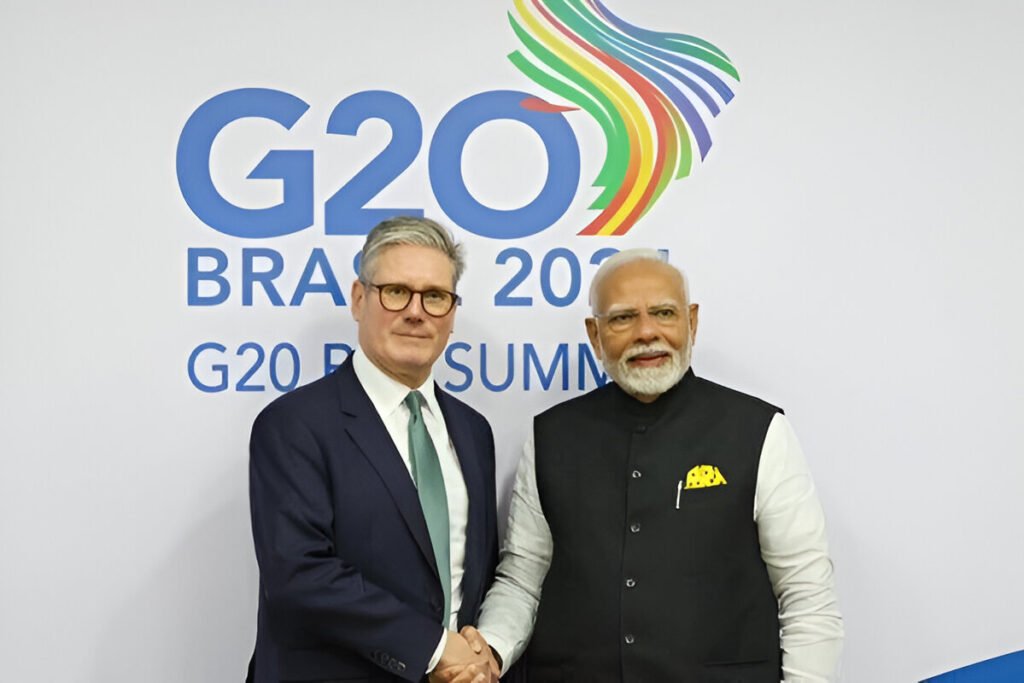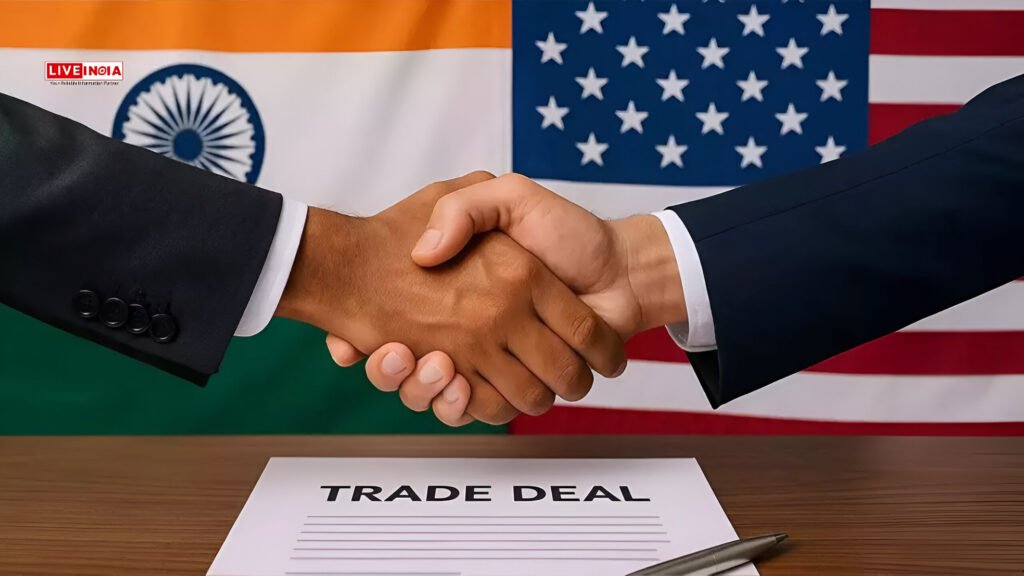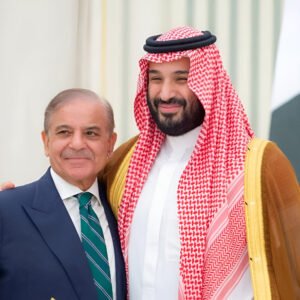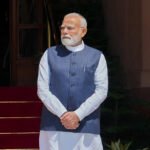
The 6th of May, 2025, came as a big day for both India and the United Kingdom because it was on this date that they entered a landmark Free Trade Agreement (FTA), which is a big step for both countries in terms of relationship and economic collaboration. The agreement, which took over three years to negotiate in full, is aimed at furthering the trade, investments, and collaboration between the II and III ranked economies and the fifth and sixth largest economies in the world.
A New Era in India-UK Trade Relations
Now, with a stance to change the world’s perception regarding the trade relationship between the UK & India, the governments of India and the United Kingdom are willing to cross the limit, for there are reports suggesting their collaboration is geared up to touch $34 billion, while bilateral trade crossed an astounding £42.6 billion in 2024. This set target, if achieved, is going to stand as a statement for boosting economic collaboration globally, as it sure promises to benefit decades ahead.
Key Provisions of the Agreement
Some of the targets incorporated into the FTA include
Reduction of trading barriers: The United Kingdom will remove all boundaries, whooping a total of 99% of Bangladesh’s imports, of which garments, food, and jewelry are primary contributors.
Travel Restrictions Imposed on Professionals: The able changes apply to chefs, musicians, and yoga instructors, who are all citizens of the Republic of India, along with simple business travel.
Social Security Accord: A social security agreement exempts temporary Indian workers in the UK from dual contributions for three years.
Prospects for Indian Exporters
The Indian Textile and Garment Exporters Association claims that Indian exporters would benefit considerably from the FTA.
Pharmaceuticals and Chemicals: Indian goods will have easier access to the markets with lower tariffs.
Rice and other spices will also get duty-free access to the UK market, which will increase their demand.
British exporters will enjoy new prospects as a result of the FTA
Spirits and Beverages: British gins and whiskies will become more competitive due to the lowered tariffs in India.
Automobiles and Machinery: More accessibility into the Indian markets with lower tariffs will enable greater sales.
Financial and legal services have great potential due to the increased openness to India’s service sectors.

Strategic and Geopolitical Implications
This agreement goes further than just economic relations:
Post-Brexit Strategy: The FTA is one of the most important steps of the UK trying to forge trade deals outside the EU.
The deal reflects India’s willingness to deepen integration into global trading routes, which might open doors for further deals with Western economies.
Challenging Problems and Issues
While there remains promise with the agreement, the following issues still stand:
Carbon Border Adjustment Mechanism (CBAM): The proposed CBAM by the United Kingdom poses a threat to undermining India’s exports in steel and cement.
Intellectual Property Rights, abbr. IPR: The IPR discussion revolves around life sciences, which is a bargaining balancing act in itself.
Labor and Environmental Standards: The merging of these standards is a relatively much more difficult problem. India is very careful about how policies that may require large-scale domestic changes will be implemented.
Future Predictions
The prediction is the India-UK FTA will materialize in the next year post both governments ratify. It is expected that its execution will bring a shift in economic relations, encourage collaboration in different sectors, and foster innovation, as well as cultural partnerships between the two countries.
Final Notes
The inaugural India-UK Free Trade Agreement has been signed and is a landmark achievement in trade relations between the two countries, with long-term projected benefits for the economies and developing more strategic connections. While countries face challenges in trade, this agreement is a result of the intent to spend resources towards growing, working together, and building shared value.











